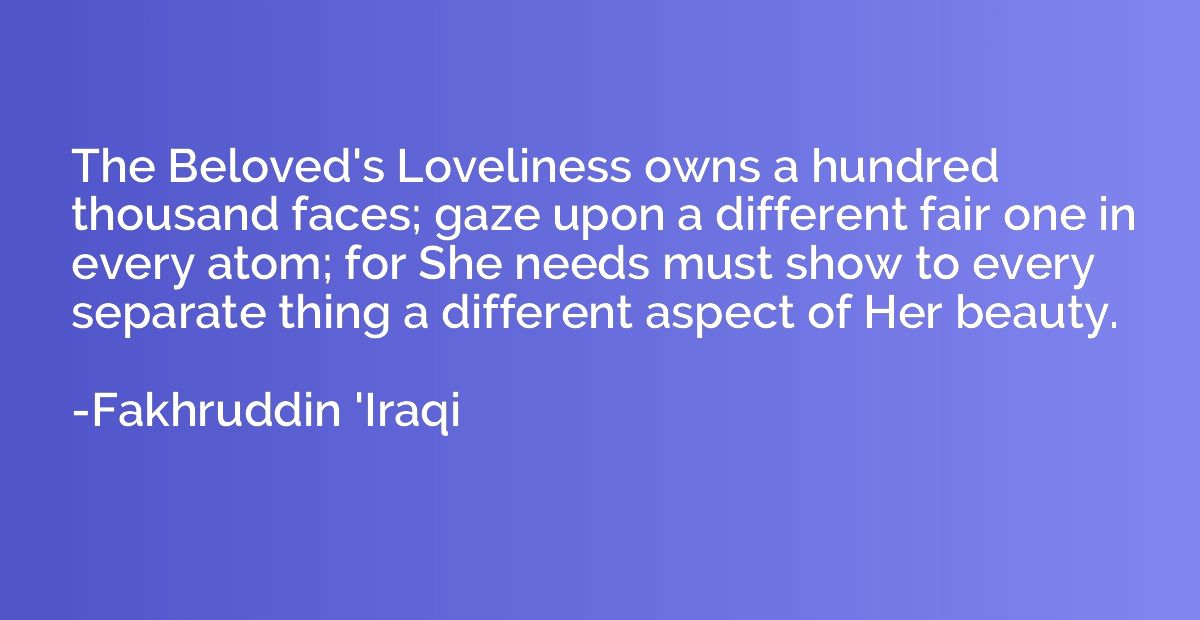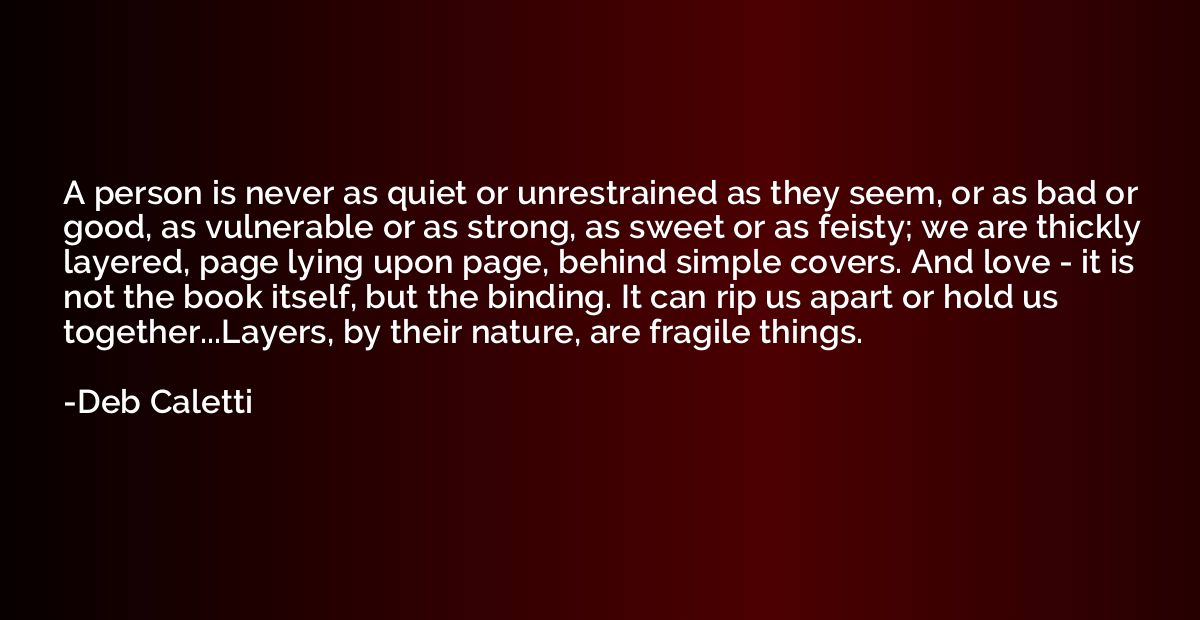Quote by St. Theresa of Lisieux
True love grows by sacrifice and the more thoroughly the soul rejects natural satisfaction the stronger and more detached its tenderness becomes.

Summary
This quote suggests that in order for love to flourish, there must be sacrifice involved. The more willingly the soul gives up its own desires and pleasures, the stronger and more selfless its love becomes. It implies that true love is not solely based on the fulfillment of one's own needs but rather on the willingness to put the needs of others before our own, leading to a deeper and more detached tenderness that is not dependent on personal gain or satisfaction.














